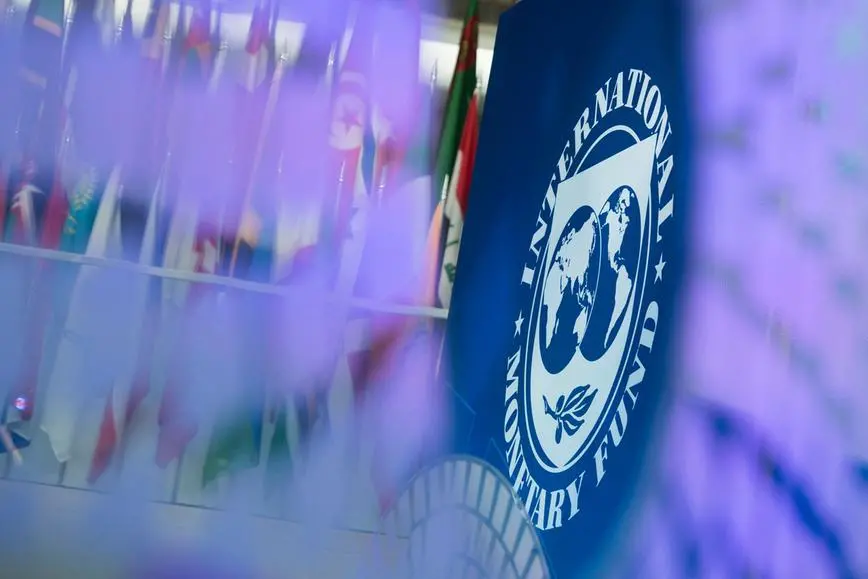PHOTO
The International Monetary Fund (IMF) expects Kenya’s official foreign exchange reserves to remain under pressure despite recent inflows including its own Ksh58.8 billion ($414.96 million) disbursement.
The multilateral lender has left its projection of gross international reserves in months of import cover largely unchanged with the buffer expected to close in 2023 at an equivalent of 3.3 months of import cover.
The projection of foreign exchange reserves is nevertheless an improvement from an estimate of a flat three-month imports cover from December last year.
IMF further expects the reserves to only rise marginally to an equivalent of 3.5, 3.7 and 3.8 months of import cover in 2024, 2025 and 2026 respectively.
The projection which sits lower than the CBK statutory requirement to maintain no less than four months points to pressure on the reserves in the run-up to the close of 2023.
Read: Kenya heads into fifth review as IMF firms grip on economic policyThe Central Bank of Kenya (CBK) data shows that its usable foreign exchange reserves stood at Ksh1.058 trillion ($7.481 billion) as of July 13, which is equivalent to 4.09 months of import cover.
Kenya’s forex reserves have been under pressure for the better part of the last 12 months driven primarily by rising external debt service costs.
The reserves held at the CBK are national assets and are a safeguard to ensure the availability of foreign exchange to meet the country’s external obligations including imports and external debt service.
According to the CBK, the primary objective in the management of reserves is usually capital preservation.
In November, the reserves fell below the four months import cover for the first time since 2015, signalling the country’s increased risks of difficulties in managing external shocks.
In mid-February, the forex reserves touched a decade low or an equivalent 3.8 months of import cover on rising debt repayments to bilateral and commercial lenders.
Read: Kenyan shilling hits new low against dollarThe plunge raised concerns about the country’s ability to control its currency with analysts expressing fears of Kenya’s ability to generate forex.
On Monday, CBK Governor Kamau Thugge said he expected the combination of new external financing and improving the balance of payments to help keep the foreign reserves above board.“We will continue to access the global markets and with the current account deficit improving, we would expect a surplus (on the balance of payments). As such, we do not expect forex reserves to be below where they are now,” he said. © Copyright 2022 Nation Media Group. All Rights Reserved. Provided by SyndiGate Media Inc. (Syndigate.info).





















